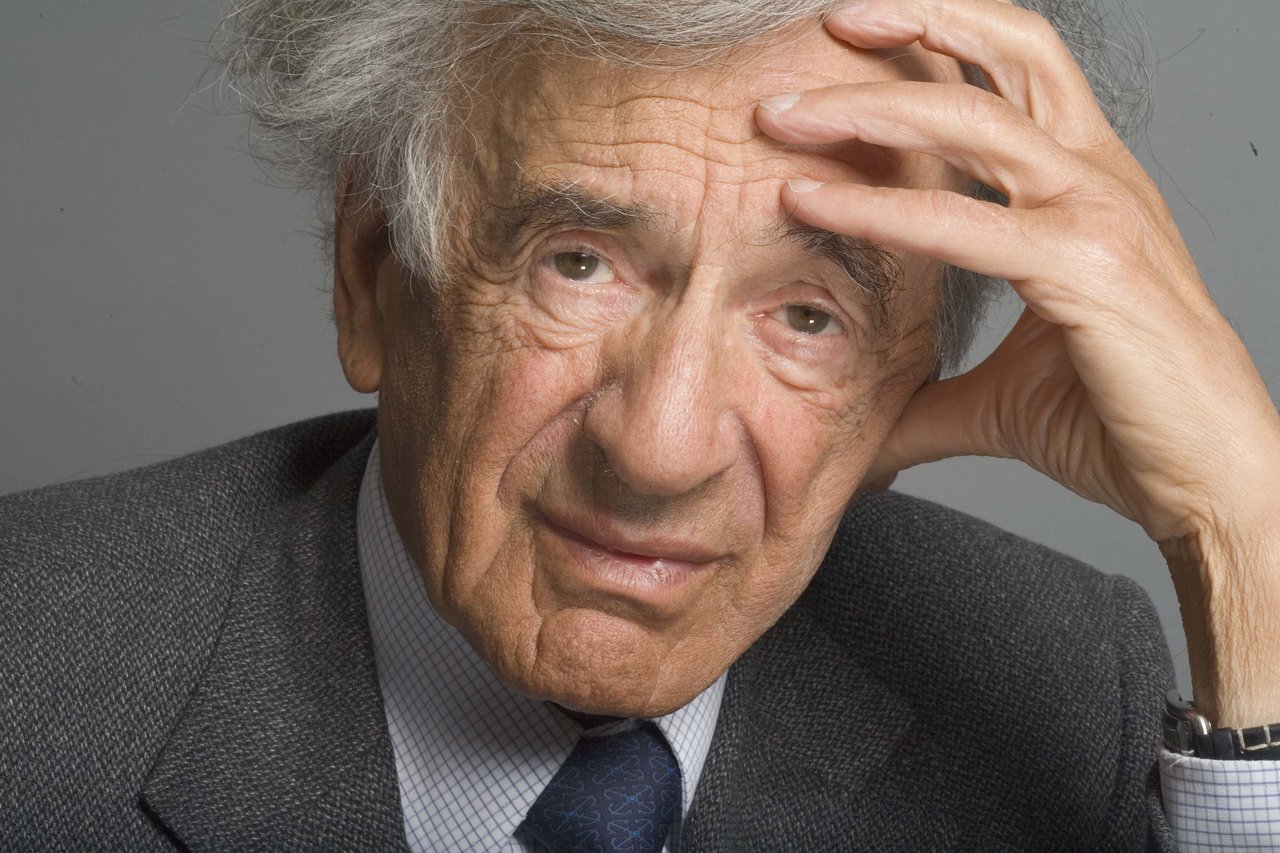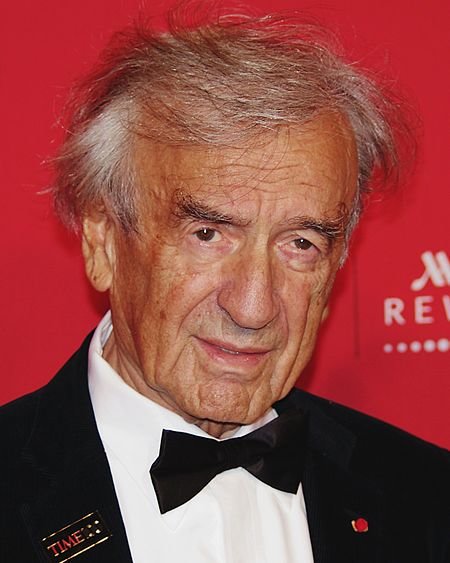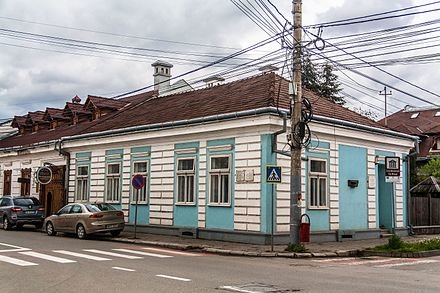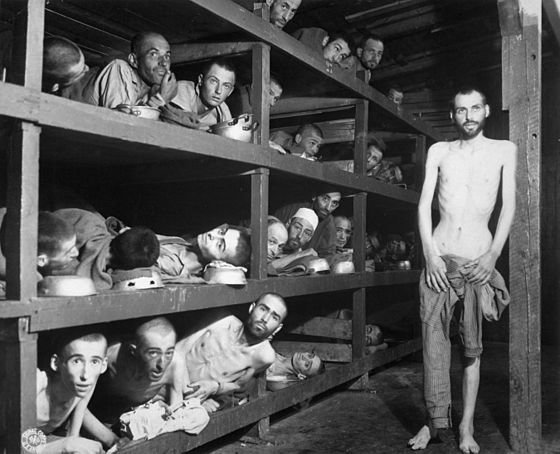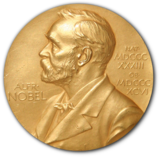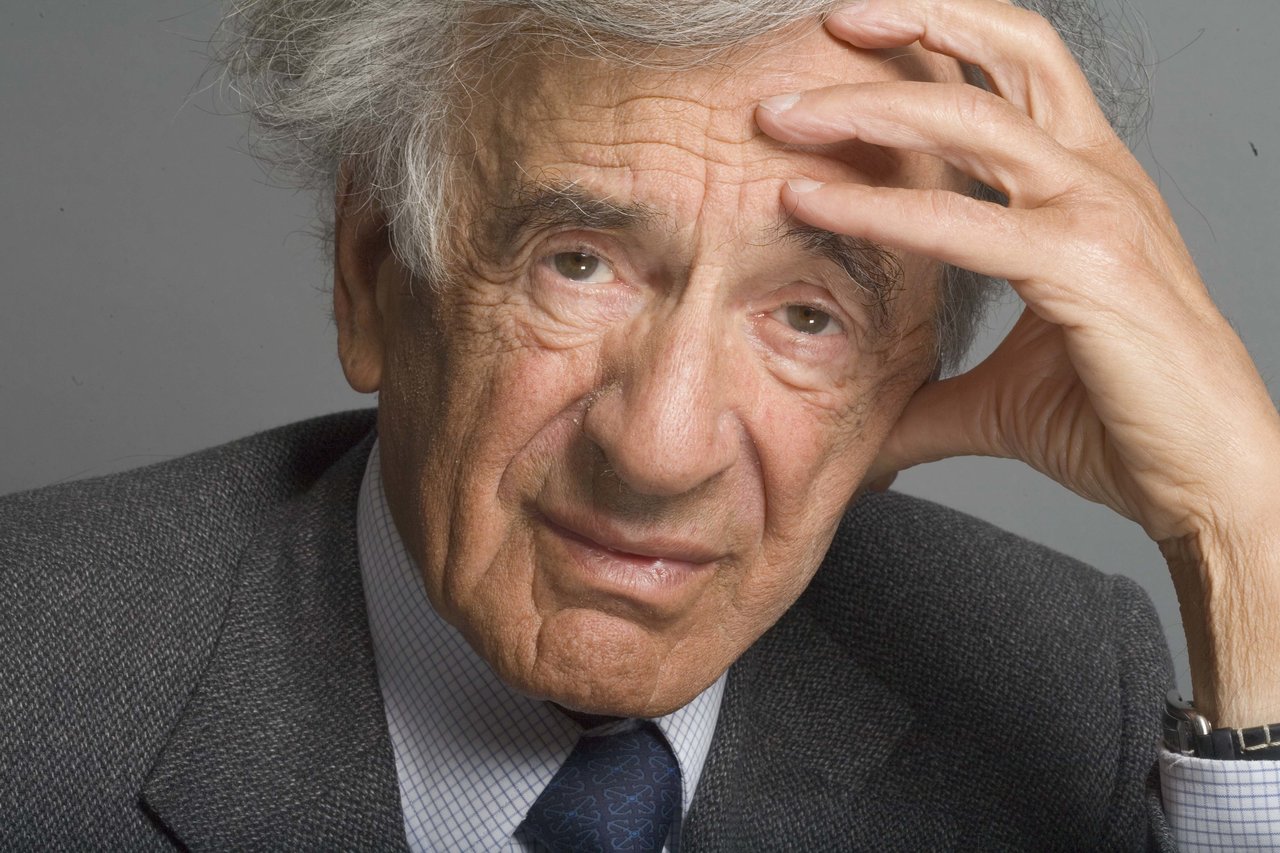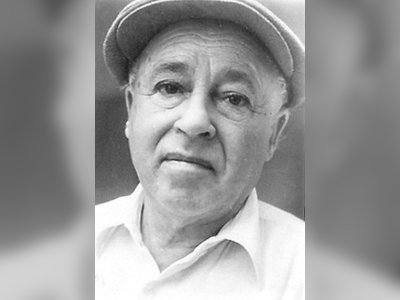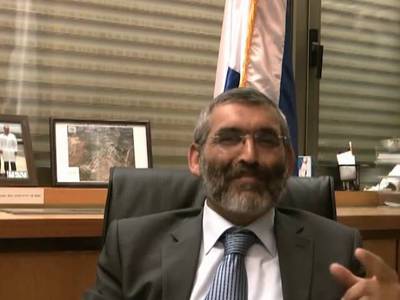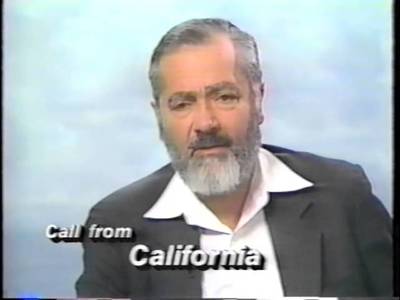מורשת גדולי האומה
בזכותם קיים
beta
Elie Wiesel: A Life Remembered
Eliezer "Elie" Wiesel (September 30, 1928 – July 2, 2016) was a French-American journalist, philosopher, intellectual, and Jewish writer, best known as a Holocaust survivor. He was awarded the Nobel Peace Prize in 1986 for his advocacy of human rights. His work extended into educational activities dedicated to preserving the memory of the Holocaust and preventing genocide worldwide.
Early Life and Survival
Elie Wiesel was born in Sighet, in the Maramureș region of northern Transylvania, Romania, on September 30, 1928, to Shlomo-Eliezer and Sarah, devout Jewish parents who owned a grocery store. Yiddish was the primary language spoken at home, although Elie also learned German, Hungarian, and Romanian. His mother, Sarah, was the daughter of David Feig, a respected and charitable member of the community who aided Polish Jews fleeing persecution. His father, Shlomo, instilled humanistic values in Elie and encouraged him to learn Hebrew and engage with general literature. Elie was closely associated with the Hasidic community of Kretchnif in Sighet, and he formed a strong bond with Rabbi Menashe Klein.
In 1940, Sighet was annexed by Hungary, which was allied with Nazi Germany. Elie continued his education at a local gymnasium but was later expelled due to anti-Semitic laws. For several years, Jews in Sighet lived under relative security. However, in April 1944, following the arrival of German forces in Hungary, a ghetto was established in Sighet, and Elie's family, along with other Jews, was forced into it. In May 1944, deportation to Auschwitz began, and Elie, along with his father, was transported to Auschwitz III. His mother and younger sister were murdered upon arrival.
Elie and his father endured grueling forced labor in harsh conditions, often being transferred between different sub-camps. As the Red Army advanced, Elie and his father were part of the death march that led prisoners deeper into German territory. Shlomo Wiesel passed away just days before their liberation on April 11, 1945. Elie survived the Holocaust, as did two of his older sisters.
Post-War Life and Activism
After liberation, Elie Wiesel was sent to an orphanage in France, likely to the Château d'Ambloy in Ambloy, Loir-et-Cher. There, he learned French. His life took a turn when a photograph of him was published in a local newspaper, and his sisters recognized him. This led to a reunion with his family members who had also survived. Elie continued his studies, focusing on philosophy at the Sorbonne while also studying Hebrew.
In the years following his liberation, Elie initially refused to write or speak about his Holocaust experiences, claiming that no words could adequately convey the horrors he had witnessed. However, a meeting with François Mauriac, a close friend and Nobel Prize laureate, changed his perspective. He began writing in Yiddish, and his first book, "And the World Remained Silent," detailed his experiences in Auschwitz. Later, he rewrote it in French as "La Nuit" (Night).
In 1956, Elie Wiesel moved to New York City, where he continued his writing career. In 1963, he became a naturalized U.S. citizen. He wrote for Yiddish newspapers and published books in French. He emerged as a central and well-known figure in Holocaust memory preservation in the United States. Elie Wiesel encouraged other Holocaust survivors to share their stories and authored over 40 books himself. His literary work earned him numerous literary awards.
In 1986, Elie Wiesel was awarded the Nobel Peace Prize for his humanitarian efforts and his role in the United States Holocaust Memorial Council, where he participated in planning and promoting the U.S. Holocaust Memorial Museum in Washington, D.C. In 1993, he, alongside President Bill Clinton, lit the eternal flame in the museum's Hall of Remembrance during its opening ceremony.
Elie Wiesel married Marion Rose, who translated his works into English, and they had one son. He resided in the United States until his passing, teaching at Boston University's School of Humanities.
Legacy and Remembrance
The majority of Elie Wiesel's earnings from his books went to the Elie Wiesel Foundation for Humanity, which he founded. Among the foundation's initiatives, Wiesel established "Beit Tzipora Centers," providing educational support to Ethiopian-Israeli children in Kiryat Malakhi and Ashkelon, named in memory of his late sister who perished at Auschwitz. However, the foundation suffered financial losses in the Bernard Madoff scandal, losing nearly $15 million.
Elie Wiesel continued to serve as the chairman of the public council of the Association of the Jewish Holocaust Survivors and Victims of WWII.
On July 2, 2016, Elie Wiesel passed away at the age of 87 in New York City.
The Eli Wiesel Archive
Boston University houses the Eli Wiesel Archive, preserving documents and materials related to his life and work in multiple languages. Dr. Yoel Rappel from Israel manages the archive. In Romania, following the publication of the findings of the Elie Wiesel National Institute for the Study of the Holocaust in Romania, new educational programs and the Romanian Holocaust Museum were established in response to the historical revelations. In 2005, the National Institute for the Study of the Holocaust in Romania – Eli Wiesel was founded, with approximately 30 employees, 15 of whom are researchers.
Throughout his life, Elie Wiesel confronted indifference and strived to ensure that the Holocaust would never be forgotten. His powerful speech, "The Perils of Indifference," delivered at the White House as the 20th century turned, remains one of the most impactful speeches in history, emphasizing the importance of empathy and action in the face of injustice.
- אלי ויזל – ויקיפדיהhe.wikipedia.org
